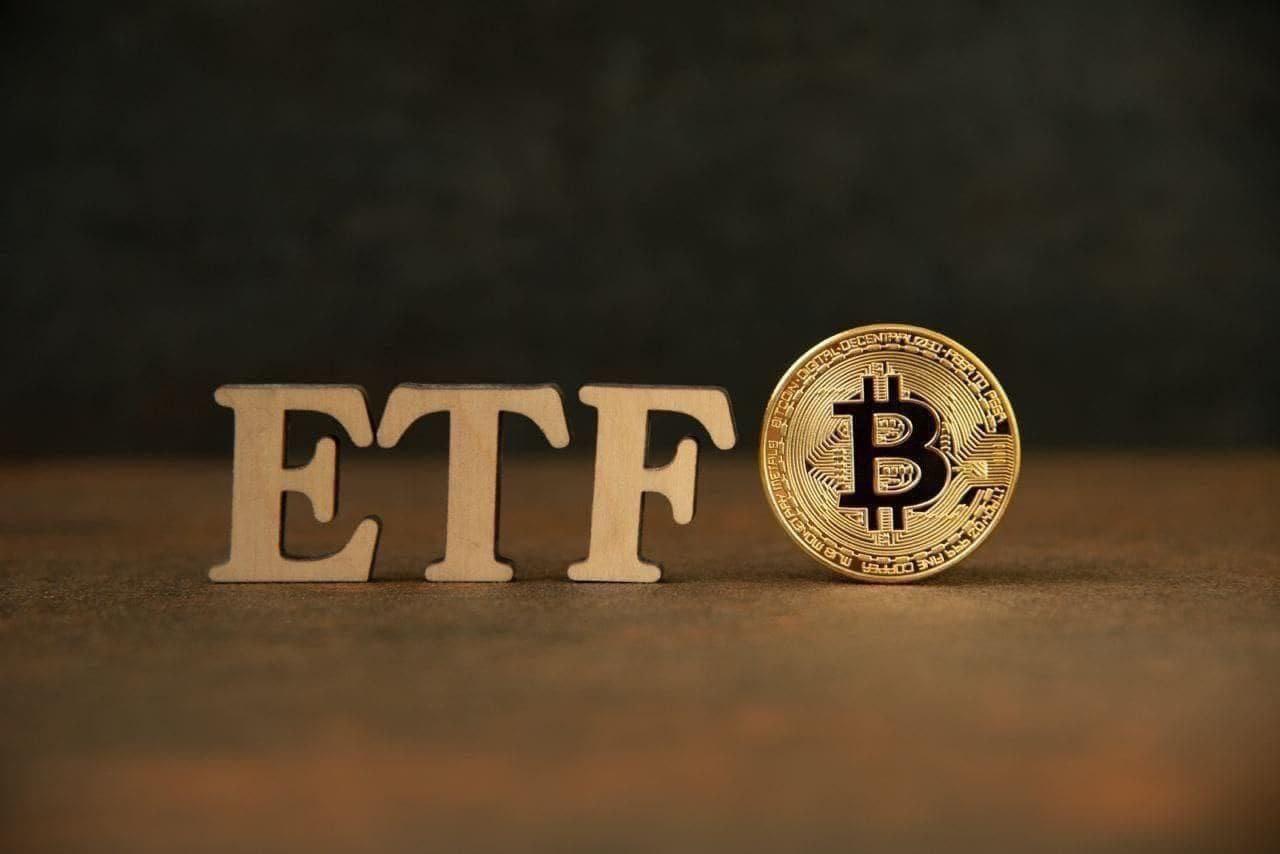
Bitcoin ETFs Lead the Market in Institutional Interest
After a period of steady waning institutional participation, Bitcoin (BTC) exchange-traded funds (ETFs) are reasserting their dominance over Ethereum (ETH) ETFs. With net inflows soaring, Bitcoin ETFs are setting the pace yet again, driving significant attention within the cryptocurrency market.
Strong Inflows for Bitcoin ETFs
On September 2, Bitcoin ETFs registered a remarkable $332.7 million in net inflows, spearheaded by Fidelity’s FBTC, which reported $132.7 million, and BlackRock’s IBIT, amassing $72.8 million, according to SoSoValue data. Meanwhile, Ethereum ETFs fared poorly, suffering $135.3 million in net outflows. Fidelity’s FETH took the most significant hit, losing $99.2 million, followed by Bitwise’s ETHW, which recorded $24.2 million in outflows.
Currently, Bitcoin ETFs command approximately 7% of Bitcoin’s total supply, with BlackRock alone controlling 746,810 BTC—about 3.7% of the cryptocurrency’s total supply, worth an impressive $82.7 billion.
Ethereum ETFs Struggle Despite Recent Success
This trend stands in stark contrast to August, where Ethereum ETFs outpaced Bitcoin counterparts by drawing $3.87 billion in net inflows. Analysts attributed Ethereum’s August success to its yield potential, evolving regulatory clarity, and adoption by corporate treasuries. However, September’s reversal indicates potential caution over Ethereum’s regulatory ambiguity and classification-related challenges, especially when compared to Bitcoin, widely regarded as “digital gold.”
While Ethereum struggles, its ecosystem’s importance in decentralized applications (dApps), smart contracts, and tokenization ensures its enduring relevance. The current shift appears temporary, driven by macroeconomic uncertainties leading to increased demand for Bitcoin as a hedge asset.
How Bitcoin’s Price Is Reacting
Bitcoin responded positively to the ETF inflows, with its price surging over 2% on the daily chart to $111,630 as of September 3. This marks an attempt to break the two-week daily downtrend. However, the $110,000–$111,000 range remains critical support for Bitcoin. Market dynamics remain tense, with over $17 billion at risk of liquidation should Bitcoin cross the $112,000 threshold, according to Coinglass data.
Conclusion: The Bigger Picture
As the Federal Reserve’s policies fuel market uncertainty, Bitcoin ETFs seem to benefit as a hedge for institutional investors. With Ethereum ETFs facing temporary resistance, the broader cryptocurrency market highlights the importance of diversification and the strategic role ETFs play in asset allocation.
Recommended Product
If you’re looking to invest in cryptocurrency seamlessly, consider exploring eToro’s multi-asset investment platform. With the ability to trade cryptocurrencies, stocks, and precious metals, along with unique features like copying top-performing traders in real time, eToro offers a dynamic tool for modern investors. Please note, investing in cryptocurrencies involves high risks, and your capital may be at risk.





